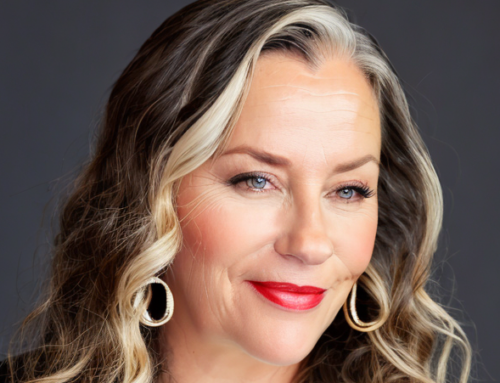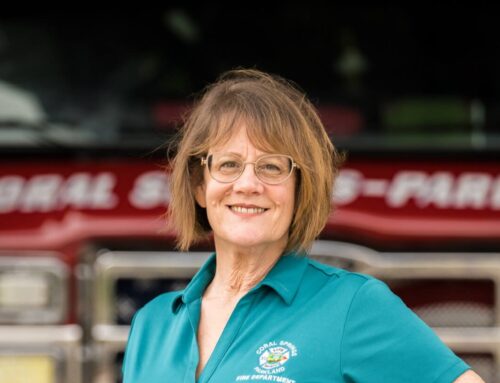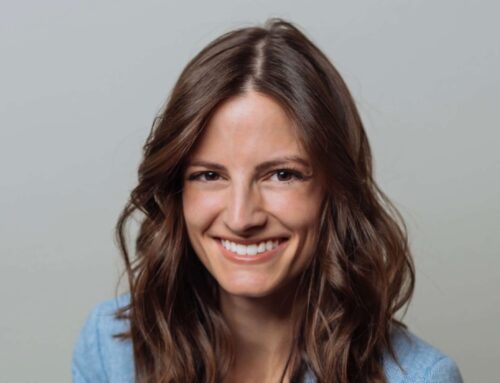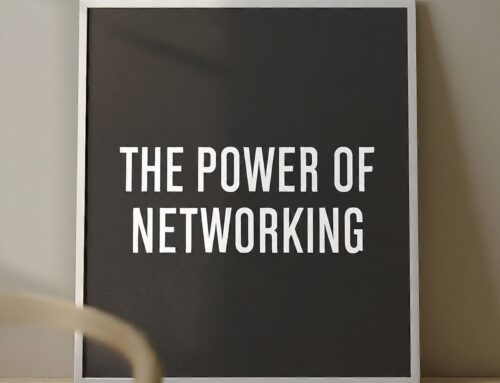What does it take to land a job with Oprah Winfrey? Libby Moore was lucky enough to realize her dreams and work side-by-side as Oprah’s chief of staff for years. But it wasn’t all smooth sailing.
Libby had a decade-spanning career as an assistant to Maury Povich, Jane Wenner at Rolling Stone, and, of course, Oprah. These days she encourages others to unlock their self-worth and reach their full potential.
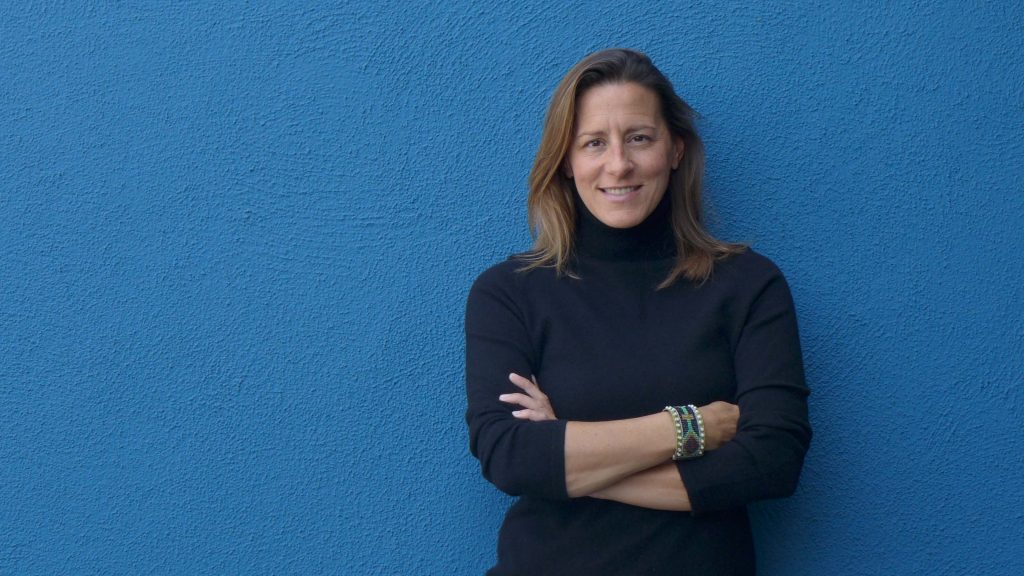
I’ve been an executive assistant coach since 2016, and as someone who provides administrative professional training to aspiring administrative assistants, I jumped at the chance to chat with Libby. We dove deep and discussed her path to success, and talked about why letting go was the best thing she ever did to reach her goals.
Libby’s First Gig
Libby got her first job when she was very young. Seven years old to be exact. As the second child out of four kids, Libby often wondered what her role in the family was. She identifies as an emotionally intuitive person–and filled that role by caring for her mother. She loved it, and naturally, so did mom. That led to her nurturing and caring for her friends, co-workers, and eventually, to becoming an executive assistant.
“I like to say I had my first coaching job at age seven.”
When Libby was 16, she ran a lawn mowing business. Her brother served as the executive business partner, so to speak. She sent invoices and even answered business calls. Most of her childhood was answering phones and taking care of people. With that kind of background, becoming a personal assistant felt like a very natural next step.
But it wasn’t a straightforward segue in being Oprah’s chief of staff.
Far from it. It was a long journey involving countless odd jobs and setbacks, and mustering the strength to know what dreams to pursue, and which to let go of.
Bright Lights, Big Dreams
Libby had big dreams when she moved to New York.
She wanted to make it as a comedy writer. She wanted to get on Saturday Night Live. And she dreamed of writing for Rosie O’Donnell. Working as a personal assistant for Oprah was not on her cards at all. By night she took improv lessons and even joined a comedy group in the West Village.
Libby’s first big break after years of working as a housekeeper was with Maury Povich in New York City.
A friend of a friend of a friend set her up. She became his personal assistant back when that was a new type of career–people were either executive or administrative assistants. Being a personal assistant was seen as something new.
She told me Maury was one of the best bosses she ever had. She worked there for three wonderful years, gaining valuable experience.
But Libby was a people person–doing tasks personally never felt great to her. It wasn’t scratching the itch, so to speak. So she left the job. And got fired from the next one. She ended up cleaning houses and taking odd jobs.
But she was struggling to make ends meet.
So she took another stint as an executive assistant with Jann Wenner at Rolling Stone. She was the 2nd assistant and knew the primary assistant wouldn’t be giving up her job any time soon.
It was around this time Libby realized she had to let go of some of her dreams.
By then, she’d interviewed with Saturday Night Live and knew it was never going to work out there. And she’d never gotten a reply from Rosie O’Donnell. It seemed like nothing was going her way.
Libby told me she’d been so laser-focused on achieving her comedy goals that she refused to let anything else show up on her radar. A few days earlier, her mom had called her on the phone and the conversation has turned to their mutual love of Oprah. She told Libby, hey, why don’t you send your resume over to Oprah?
And Libby replied: Why would her current assistant ever leave? And why would I ever trade NYC for Chicago?
The Power of Letting Go
So there she was. Stuck in a kind of limbo. And one day, when she was riding the train, she had an epiphany that would change her life.
She accepted her NYC dreams were not coming true. She released a prayer to the universe and told God that she was ready for whatever opportunities he would send her way.
Five weeks later she got a message on the Facebook group Celebrity Personal Assistants.
It was a recruiter looking for a chief of staff executive assistant based in Chicago. Right away, Libby knew it was for Oprah. It felt like the universe had heard her prayers.
Libby sent her resume over, and they scheduled an interview.
Chief of Staff to Oprah
Oprah interviewed her when she was in New York. Libby said the interview took about forty minutes. It seemed to be going well. And after it was over, Oprah asked her what her life plan was.
Libby paused.
She thought about giving the usual sort of answer you’re supposed to give at interviews and decided to go with the truth. All of it.
She told Oprah how she’d been trying to write for SNL. For Rosie O’Donnell. Her epiphany prayer on the subway. How she was waiting for God to show her the way. And how she could accept whatever way this interview goes–because she had faith in God.
Oprah looked Libby in the eyes for a minute and said, “OK, let’s bring her to Chicago.”
The interview process in Chicago was exhausting. She was in meetings from sun-up to sun-down. She remembered heading into the airport bathroom at O’Hare and just crying. Bawling her eyes out. She told me she felt so drained, but also full of joy.
She knew she had the job of her dreams and her life was about to change in ways she couldn’t even imagine. After everything she’d been through in New York, after letting go of her earlier dreams, she’d finally made it.
After all her struggles, it had all been worth it.
What makes an assistant a leader?
Libby told me being a leader is all about two key things.
- Being yourself 100%, no matter the situation
- Being the type of leader you’d like your manager or executive to be
In recent years, Libby’s done a lot of executive assistant coaching, and in general, assistants need to be more self-confident. She said lack of confidence all comes down to trauma during childhood. Everyone experienced some sort of trauma between the ages of zero and thirteen. And that sticks with a person.
Libby explained that most assistants get value out of being able to take care of people, and I agree. Personal assistants are givers. So developing one’s self-confidence and self-worth is key for any assistant looking to reach their full potential and live their best lives.
—
To listen to my entire conversation with Libby Moore, check out episode #55 of The Leader Assistant Podcast.

